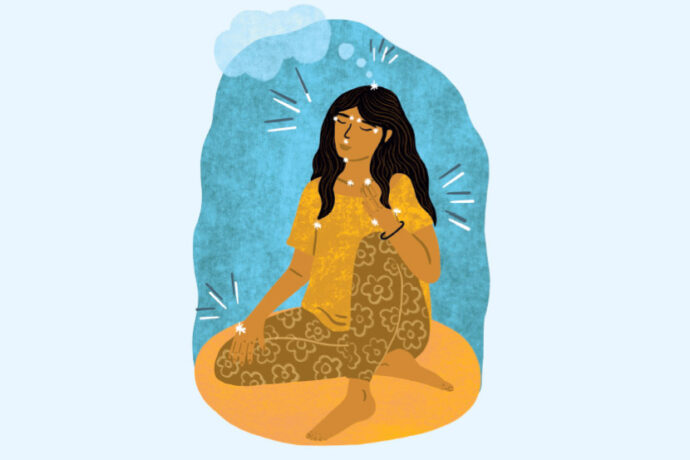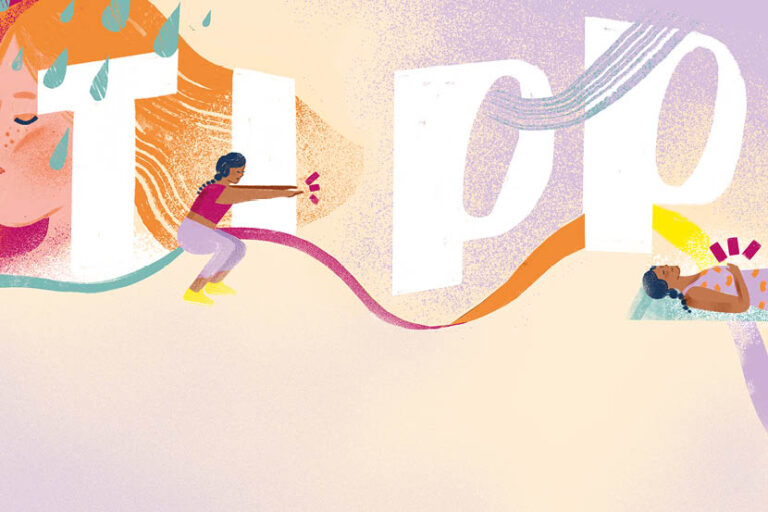
In today's fast-paced, consumer-focused and fragmented towns and cities, are public libraries more important than ever?
Imagine a place that’s open to everyone, regardless of status, culture, lifestyle or beliefs. Where there’s no entrance charge, no obligation to spend money or buy anything. Where no appointments are necessary and no time limits apply. Where life slows down and reflection is encouraged. Where visitors can put the world to rights or sit quietly by themselves, no questions asked. Where escapism, deep thought, entertainment and self-improvement are welcome, and there for the taking.
For more than 9.5 million Australians every month, this place is a public library. Regular library users tend to report higher life satisfaction, happiness and sense of purpose in life compared with non-users. The benefits are physical, too. Put like that, it’s hard to imagine why more people aren’t regular visitors to their local branch.
More than books
As access to information and technology changes the public library landscape, those that broaden their scope are at the top of their game. Some have retained their traditional charm while reaching out to new people, others have transformed into vibrant, buzzy places offering more than just books.
After all, libraries are about information and information comes in many forms – from public records and free internet access to support groups and advice. Shifting from a place of consumption to a place of creation, these public spaces off er classes, computer labs, art exhibitions, diverse cultural information, and film showings. New locations like the award-winning Green Square Library in Sydney work with their environment to design true communal public spaces, creating a place for everyone to gather, not only to glean information but to socialise on a level playing field.
Renewed focus
Empowering visitors with information about emotional wellbeing is also an important focus for modern libraries. By promoting the benefits of reading for mental health, public libraries aim to provide support, advice and information for people with mental health concerns as well as those who help them.
It’s not just practical information and advice that give visitors a boost. It’s also the human connection libraries provide: ‘My daughter and I go to [Richmond] public library often,’ comments library-goer Brandi DeFields. ‘Sometimes it’s my only interaction with an adult all day, until my husband comes home. Storytime gives my daughter stimulation, but talking to other parents and the librarian keeps me sane.’
Community
William Coe manages a small library in Dorset, England. He and his team know many of their customers by name. They know their likes and dislikes and fi nd conversations about books often extend into other areas of life.
‘This highlights the sheer wealth of knowledge in our local communities,’ says William. He feels this establishes the library at the heart of the community: ‘What’s special is that the library becomes a place to witness community growth and for me that’s very exciting. When you watch a 10-year-old pupil knitting with a mature customer, it gives you a great sense of satisfaction… and I get to see this on a daily basis.’
Inclusivity
One of the things that makes libraries so precious, it seems, is their sense of inclusivity. It’s a neutral space, with no dress code, time limits or exclusive VIP lounge. This democracy brings people together on an equal footing. Materials are free and available to everyone, regardless of status, class or demographic. The fact that libraries aren’t shops is also a great leveller in an era when many communities are arranged around spending money.
‘What unites everyone,’ notes Amy Sumner, a library marketing manager, ‘is respect and tolerance… we say you never know who you’ll sit next to and it’s absolutely true – sitting down for a coffee, I’ve had conversations on everything from early medieval pilgrimage to graphic novels and [actress] Lena Dunham.’
Aspirational values
Clearly then, libraries are not just about the books and information they house. They are also about what they represent. Values such as sustainable living, where assets are shared and reused, extending their useful life many times over, have never been more pertinent. Libraries also demonstrate the value of giving back. Even when you aren’t sure what you want or need, libraries help you find out – without charging you a penny. They also encourage open-mindedness. Poking around the returns trolley means happening upon a treasure trove of gems you’d never discover on an online store. Libraries value self-improvement, too. They’re places to discover, grow and nourish untapped promise. As rock band Manic Street Preachers sing in A Design For Life; ‘Libraries gave us power.’
Atmosphere
All this creates a special atmosphere that’s intensified by the dusty paper smell, the hushed voices and the opportunity to discover something new at every turn. Libraries have always held a kind of magic. Think of the restricted section of Hogwarts library or the Komura Memorial Library in Haruki Murakami’s Kafka On The Shore; ‘A little hideaway in some sinkhole somewhere. I’d always thought of it as a secret, imaginary place, and can barely believe that it actually exists.’ Yet libraries also bring order to chaos. There’s something so reassuring about how the Dewey Decimal Classification arranges the intangible.
For librarian Gary Butler, the atmosphere offers something unique: ‘You stand in those rooms absorbing the smell of the books, some of which are hundreds of years old, listening to the quiet tapping of keyboards and you realise just how unusual and valuable a quiet space is nowadays.’
Retreat
According to Gary’s regulars, the library’s silence contributes to a sense of retreat, where time almost seems to stand still. ‘Our library provides anyone who comes here with a different relationship with time,’ adds Gary. ‘The writers and poets who spend time in the library regularly tell staff they can get more work done here in a week than they can do anywhere else in a month. Being surrounded by books filled with stories and knowledge from thousands of years ago also connects our readers with a deeper sense of time, especially when reading books that are hundreds of years old.’
So, whether you want to knuckle down to do some in-depth research, feel inspired, find out what’s going on in your local community or daydream in peace, books aren’t the only reason to fall in love with your public library, but then again, books have always been reason enough.


















